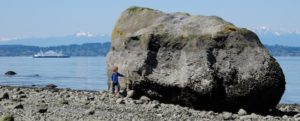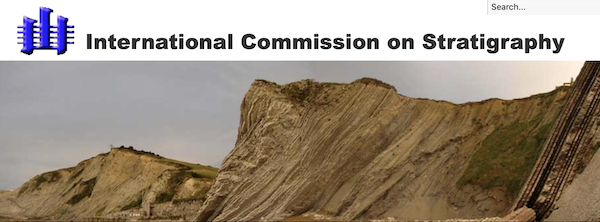
Glacial Erratic Challenge.
As part of the Jefferson Land Trust’s “Extending your Reach” online lecture series, Michael Machette presented a lecture on the Glacial Geology of the Quimper Peninsula. One of the three lecture topics was “Glacial Erratics.” And the closing slides presented A Challenge and a Reward
Challenge: Find the biggest erratics in our area.
None under 6 ft (2 m). Small ones are too easy.
Respect private property, get permission to access.
Area of search: Quimper Peninsula north of Hwys 104 and 101. (This area is within the glacial limit.)
Collect as many sites as you like.
When you’ve found some examples, send the following to Michael Paleoseis@gmail.com
A digital photo (image)
Largest dimension: xx m (xx ft)
GPS coordinates: 48° 7’ 0.68” N
(e.g. JLT office) 122° 45’ 39.98” W
Deadline for entry has expired, but we encourage you to continue with your observation skills… As a winner of the Erratic Challenge, you have received a “Land Trust Erratic Hat.”
To see the results of the Erratic Challenge click here…

 Home site for the
Home site for the Download the
Download the